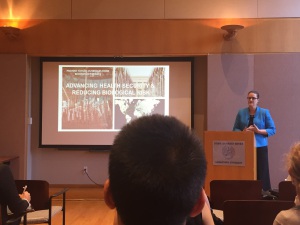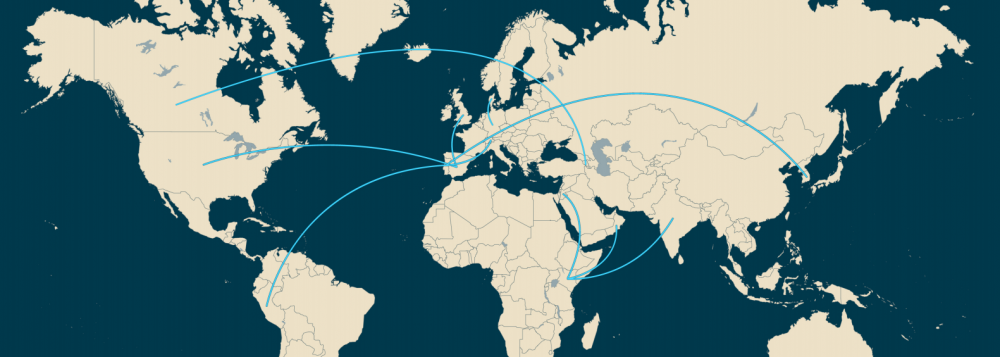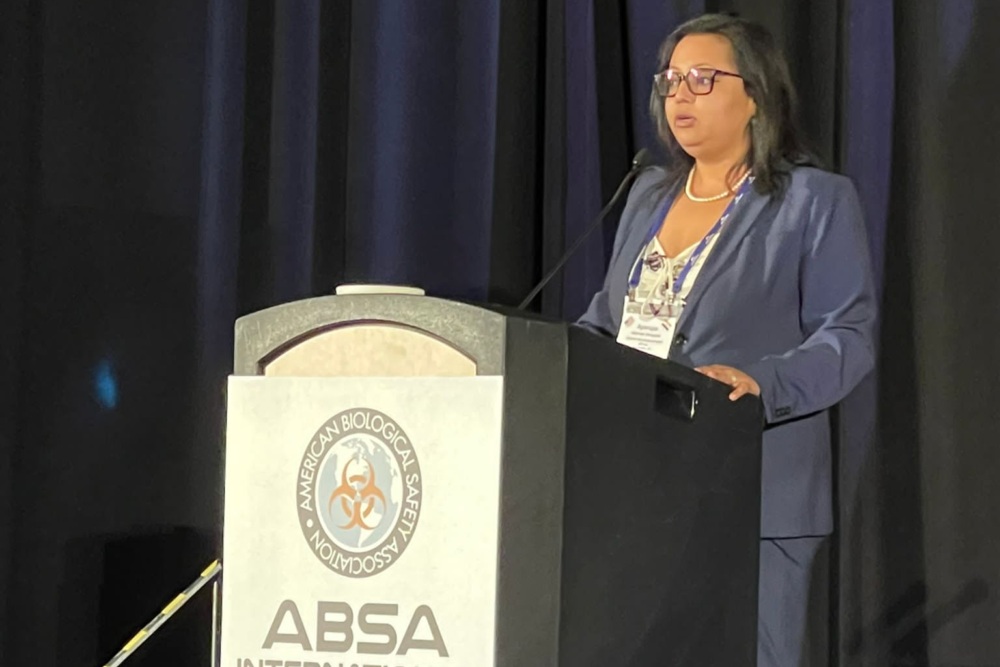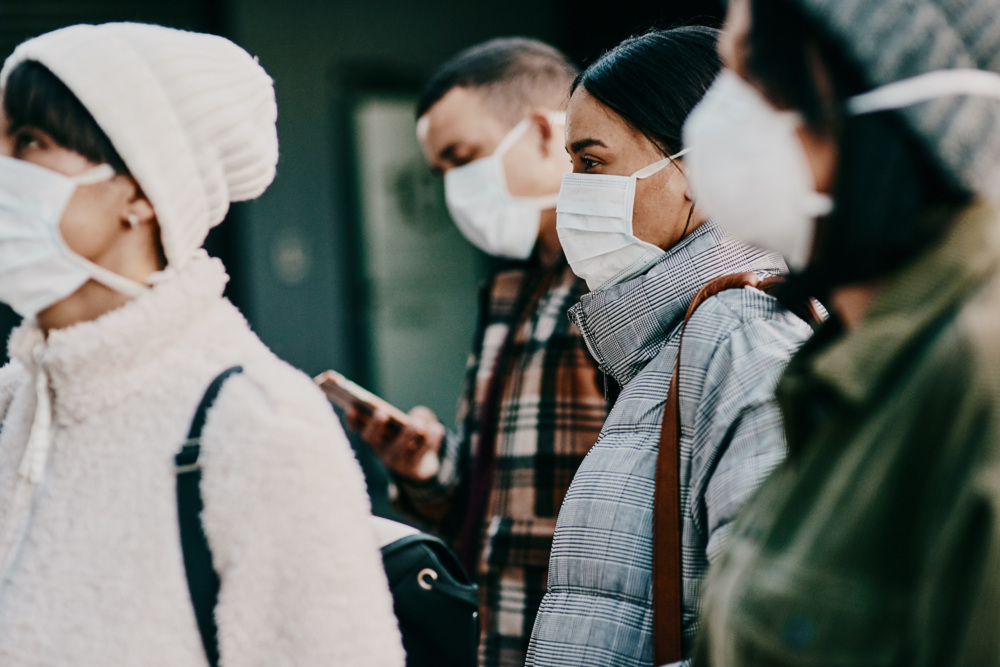
Meaghan Webster
Communications Manager
Atomic Pulse
Continued monitoring of international efforts to enhance
biosecurity and prepare for future global health emergencies is crucial to
maintaining the momentum generated by the Global Health Security Agenda (GHSA),
Dr. Elizabeth Cameron told a seminar
hosted by Georgetown University’s Center for Global Health Science and Security
last week.
Launched in February 2014, the GHSA
is a partnership that convenes countries, international organizations and
non-governmental organizations (NGOs) to help prevent infectious disease
threats and elevate global health security as both national and global priorities.
Cameron,
senior director for global biological policy and programs at the Nuclear Threat
Initiative, and former senior director for global health security and
biodefense on the White House National Security Council staff, explained that
the Unites States’ active leadership and upfront financial commitments to GHSA
priorities were crucial to securing commitments from dozens of other countries
– a partnership that would not have been possible without coordination at the
domestic level.

“Convening heads-of-state, calling for tangible commitments and incentivizing accountability to commitments are the primary ways the U.S. can remain a leader in this space,” Cameron said.
While GHSA addresses a range of global health priorities, Cameron argued that global leaders must maintain a particular focus on biosecurity preparedness, including capacity to stop outbreaks at the source and prevent potential bioterrorism incidents.
“Whether it occurs by a quirk of nature or at the hand of a terrorist, epidemiologists say a fast-moving airborne pathogen could kill more than 30 million people in less than a year. And they say there is a reasonable probability the world will experience such an outbreak in the next 10 to 15 years.” – Bill Gates
Cameron highlighted the important role academic and NGO
communities can play in advancing global health security – by vigorously
tracking countries’ commitments to biosecurity and emergency preparedness.
The
Joint External Evaluation (JEE), a public-private partnership dedicated to
measuring concrete progress toward biosecurity goals, is one such method,
Cameron noted. Other initiatives include the development of a Global
Health Security Index, a project NTI is pursuing with the Johns Hopkins
Center for Health Security to provide a public benchmarking of global
biosecurity conditions—modelling many of the lessons learned from NTI’s
first-of-its-kind Nuclear Security Index.
Read more about the Global Health Security Index here,
and find more on NTI’s biosecurity work here.
Sign up for our newsletter to get the latest on nuclear and biological threats.
NTI | bio Senior Program Officer Dr. Aparupa Sengupta on why efforts to strengthen global biosafety and biosecurity must prioritize diversity and inclusion.
NTI is working with international partners to develop a new Joint Assessment Mechanism (JAM) within the office of the UN Secretary-General to rapidly identify outbreak origins. Without the ability to quickly determine the origin of an outbreak, researchers are hampered in their ability to rapidly develop vaccines and other medical countermeasures that can slow the pace of the outbreak, ultimately saving countless lives.
NTI | bio Senior Director Nathan Paxton on using democratic collaboration to improve pandemic security



